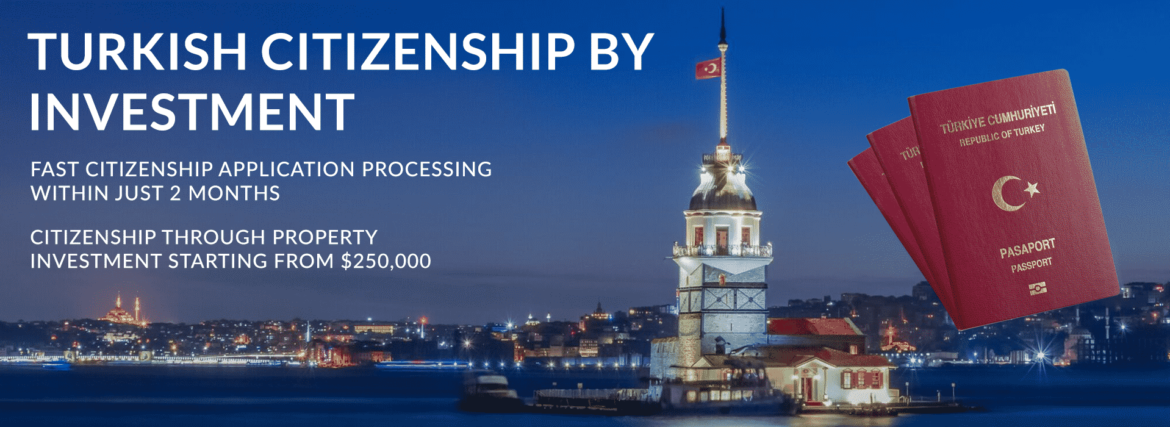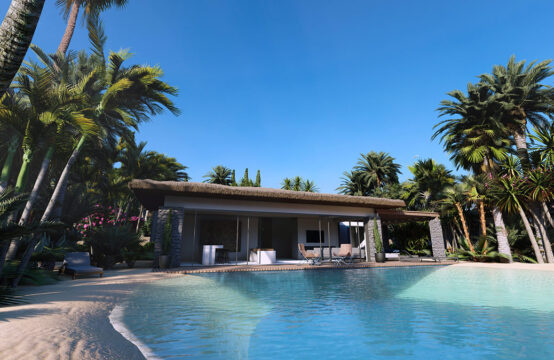
TURKISH CITIZENSHIP BY INVESTMENT
Get your Turkish citizenship by investing in real estate now! A minimum investment of only 250,000$ will make you eligible to get a Turkish passport.
The citizenship process is easy and simple and our experienced company lawyer will help you all the way. Get great returns on your investment by investing in Istanbul, the city of two continents! Being a Turkish citizen will give you permanent advantages in accessing Europe and North America.
The Turkish Citizenship Process
By investing a minimum of 250,000$, you earn the right to become a Turkish citizen. The entire process can be finished in under 2 months with our experienced advisors. The application is easy and does not require financial obligations to show assets or income from other countries. We will follow the entire process. You can buy a home for your family or just invest to make profit, we can help you in choosing from a wide variety of luxury apartments and villas at good prices. Investors receive excellent income from renting out their properties and appreciation of the value of the investment in a short time.
By becoming a Turkish citizen, you earn easier ways to relocate to Europe or countries like the UK and the USA because of the visa categories for Turkish citizens. Investors can relocate to the UK by using the Turkish Businessperson Visa, and begin the application for British citizenship as well.
Your passport is granted to you in under 2 months of the submission.
You can rent the property you have bought and sell it if you want after 3 years.
Your entire family is eligible. This means spouses, children under the age of 18, and all disabled children of any age.
You can travel visa-free and get visas on arrival in 110 countries worldwide with Turkish citizenship.
You can move to the US to establish your business by using the E-2 Investor Visa.
In Turkey, a secure environment awaits you with more than 700,000 expatriates and 60,000 companies.
Turkey also grants you dual citizenship and a high standard of living.
Visa free travel to 110 Countries
Get benefit of Turkish Health Care system
Your Kids Get benefit of Turkish Education system
Easy access to UK with Ankara Agreement




